I write a lot about the publishing industry and the plights of contemporary novel-writing, but interestingly enough, I did not specialize in novel-writing or publishing back in my Columbia days—rather, I studied poetry.
I do not talk enough about poetry on Pens and Poison primarily because poetry is somewhat less accessible—or, at least, is perceived as such—and therefore leads to significantly less engagement than an essay about how DEI is taking over publishing. But poetry is so near to my heart that I would love to live in a world where I could write about this unique art form on a more consistent basis—which would first require more people to appreciate it. Luckily, my core life philosophy is that if you do not live in the reality you wish to occupy, your best bet is not to complain about it but to create it. Therefore, I’d like to do my part in creating a world of broader poetic appreciation and would like to take the first step towards that reality today.
When speaking to people who appreciate literature but perhaps have never “gotten” poetry, the first thing I hear is always that they simply don’t know where to start or how to approach poetry. My philosophy with poetry—or any art form, really—is that you should not waste your time with the likes of Rupi Kaur et al. and instead dive straight into the best of the best, for early exposure to the greats will only reinforce your desire to get your hands on more. The best way to kill appreciation for anything, after all, is to start with a mediocre version of it.
Therefore, today I present the best of the best in poetry according to Liza Libes—and where to start with each poet.
10. Rainer Maria Rilke
It’s quite possible that I learned German just to read The Duino Elegies in their original form. Rilke wrote The Duino Elegies at Duino Castle on the Adriatic Sea while visiting Princess Marie von Thurn und Taxis; the extended poem uses the symbol of angels to explore beauty, human consciousness, and mysticism, and was first translated into English by Edward and Vita Sackville-West (if the name sounds familiar, it is because you’ve heard it in reference to Virginia Woolf—Sackville-West was her lover). Rilke was first introduced to me by a crazy French guy I went on a date with during my freshman year of college—the guy was awful, but his poetry recommendations live on. Quite fitting. Vive la France.
Liza’s Picks: The Duino Elegies, Sonnets to Orpheus
9. Alexander Pushkin
As a Russian, I would be doing my cultural roots a disservice if I did not include Russia’s famous national poet on this list. Alexander Pushkin was the first poet I ever read in my life when, at the age of three, I was instructed to memorize his children’s poem “Winter Morning.” I owe my love of poetry to both Pushkin and my grandmother, who was the mastermind behind my early poetic education. While “Winter Morning” is a kids’ poem, it remains one of my favorite poems ever written to this day—if only because of the nostalgia it inspires in me every time I read it.
Liza’s Picks: Winter Morning, Eugene Onegin, The Bronze Horseman
8. William Shakespeare
If you thought we were going to get through this list without a mention of Shakespeare, you are incorrect. Shakespeare is the GOAT, and we can’t create a list of best poets of all time without him. His plays are obviously excellent, but since we’re making a list of best poets of all time, we’ll focus this list on his sonnets. While you should read all 154 of them, you can start with 29—my favorite sonnet of all time; 18 and 116 are his most famous and also make great starting points.
Liza’s Picks: Sonnets 18, 29, 116
7. Jorge Luis Borges
Borges was my introduction to the world of Spanish-language literature back in high school, when my AP Spanish teacher had us write our own poems in the style of Borges’ Elegy. I regret that my Spanish has since somewhat deteriorated, but there was a time in my life when I binged Borges poems in their original Spanish, and they are fantastic. Borges also famously put a Columbia University creative writing student in their place by insisting that literature should not be political, so, in a way, I am Borges’ greatest kindred spirit.
Liza’s Picks: History of the Night, Elegy, Mirrors
6. Wallace Stevens
Ah. Wallace Stevens. Stevens was a businessman by day and a poet by night, so unlike many other contemporary poets, he had several practical bones in his body, which gives his poems a somewhat sober flair. I was first introduced to Stevens in the 7th grade when my English teacher taught The Snow Man by taking us outside and turning us into literal snowpeople for an hour—before bringing us back inside and asking us what we thought the poem meant. I credit this unorthodox introduction to the poetry of Stevens for sparking my love for American literature. Sunday Morning is one of my all-time favorite poems and features prominently in my most recent novel, The Leverkühn Quartet.
Liza’s Picks: The Snow Man, Sunday Morning, The World as Meditation
5. Sylvia Plath
I went back and forth about putting Plath on this list because I am not quite sure that she aspires to the same “greatness” as the other poets on this list, but Plath is a personal favorite of mine, and the woke mob would come after me if I did not include a woman on the list, so Plath made the final cut. Because Plath writes specifically about the female experience, it is hard to truly “get” Plath if you are not a woman, but I do think that her poems hold something for everyone—and they are truly beautiful. “Daddy” is an all-time favorite. You can read my thesis on it here.
Liza’s Picks: Lady Lazarus, Daddy, The Colossus
4. Ezra Pound
I am going to generate lots of controversy by putting Pound onto this list, but I do genuinely love his poems—there are many cases where separating the art from the artist makes total sense, and this is certainly one of them. Pound writes beautiful poems that aptly capture the human condition, and his slogan “Make It New” almost singlehandedly revolutionized the poetic world in the early 20th century. You can watch my analysis of his poem In a Station of the Metro here.
Liza’s Picks: Hugh Selwyn Mauberley, Portrait d’une Femme, In a Station of the Metro, The Sea of Glass
3. John Keats
One of the greatest tragedies of human history is that Keats passed away when he was just 25 years old. One can only imagine what sorts of poetic grandeur would have graced our Earth had he lived longer, but, alas, we must make do with a very limited number of Keats poems. What we have, of course, is stellar. There’s a recording of Benedict Cumberbatch reading Ode to a Nightingale somewhere on the Internet. You’re welcome for making your day.
Liza’s Picks: Ode to a Nightingale, Ode on a Grecian Urn, When I Have Fears That I May Cease to Be
2. Samuel Taylor Coleridge
I went through a strange phase my freshman year of college where I listened to a recording of The Rime of the Ancient Mariner every day as I fell asleep. I have the first several stanzas of the poem memorized because of this quirk, and it remains one of my favorite poems to this day. Coleridge’s most cited poem, of course, is Kubla Khan, which famously features in Orson Welles’ 1941 film Citizen Kane—another all-time favorite of mine.
Liza’s Picks: The Rime of the Ancient Mariner, Christabel, Kubla Khan
1. T.S. Eliot
If you’ve been following me for a while, you’ll have heard by now that my all-time favorite poet is T.S. Eliot. His poems inspire much of my own writing and feature tangentially in my novel The Lilac Room. I will spare you my gushing about Eliot and instead direct you to read his poems so that you can do your own gushing. You can check out my five-part series on The Waste Land here, which should guide you through your reading of the greatest poem of the 20th century.
Liza’s Picks: The Waste Land, Portrait of a Lady, The Love Song of J. Alfred Prufrock, The Four Quartets
BONUS: Liza Libes
Now that you’ve read the best of the best, you might as well check out my poetry. You can purchase my latest collection, Illicit Kingdom, here.
This is also my announcement that I’ll be publishing my poetry on Pens and Poison. Eventually.
Liza’s Picks: Curvamen, Yellow, Lakeside
N.B. I would have put Dante on this list but, alas, I do not speak Italian, so I cannot assess what Dante is like in the original. Someday.
Enjoyed this post? You can Buy Me a Coffee so that I’ll be awake for the next one. If you don’t like buying other people things, you can buy yourself my latest poetry book. Or, if you are a starving artist, you can also just follow me on Instagram or “X.”
Looking for a 1:1 consultation with Liza? Book me out here.





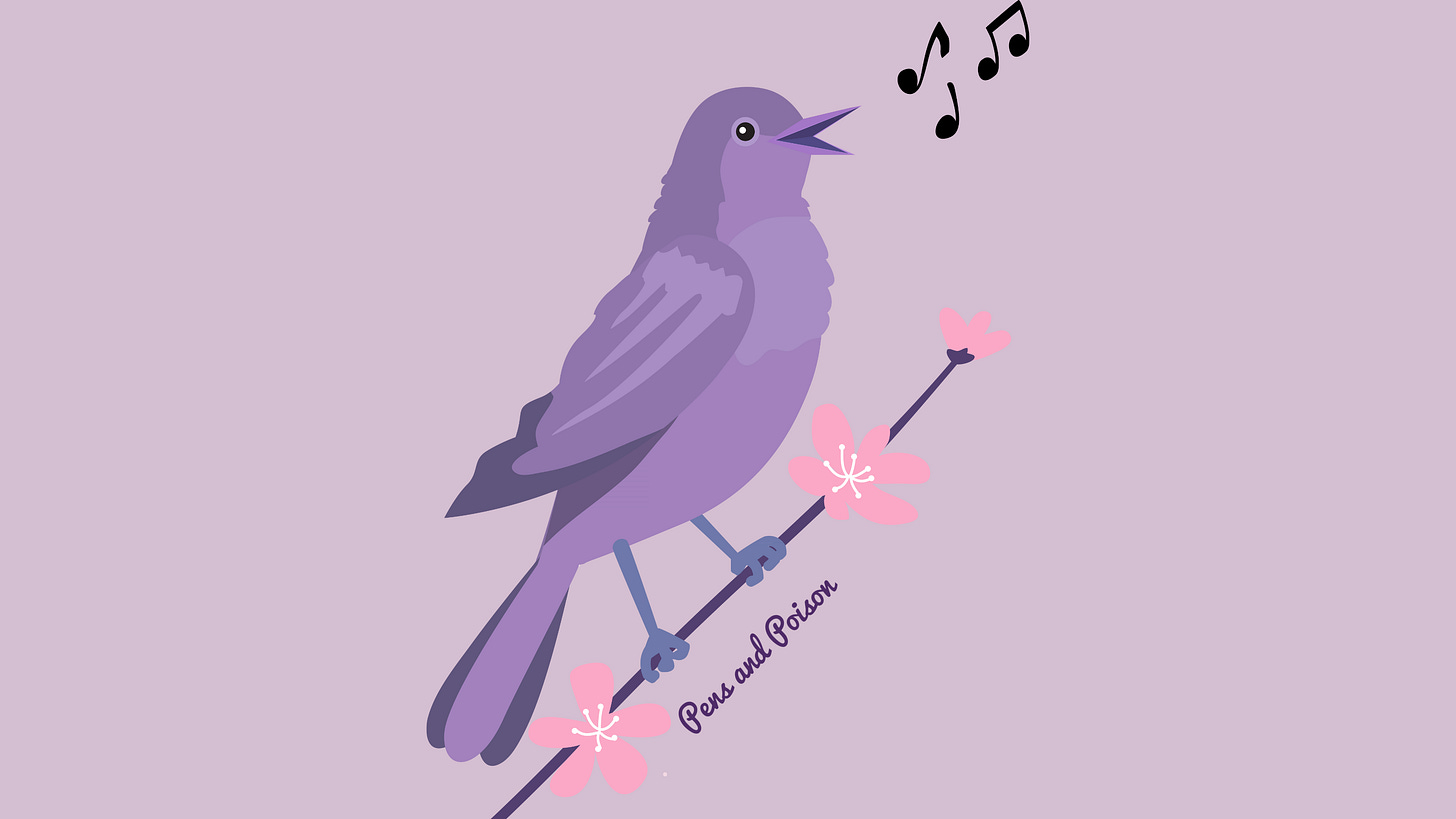
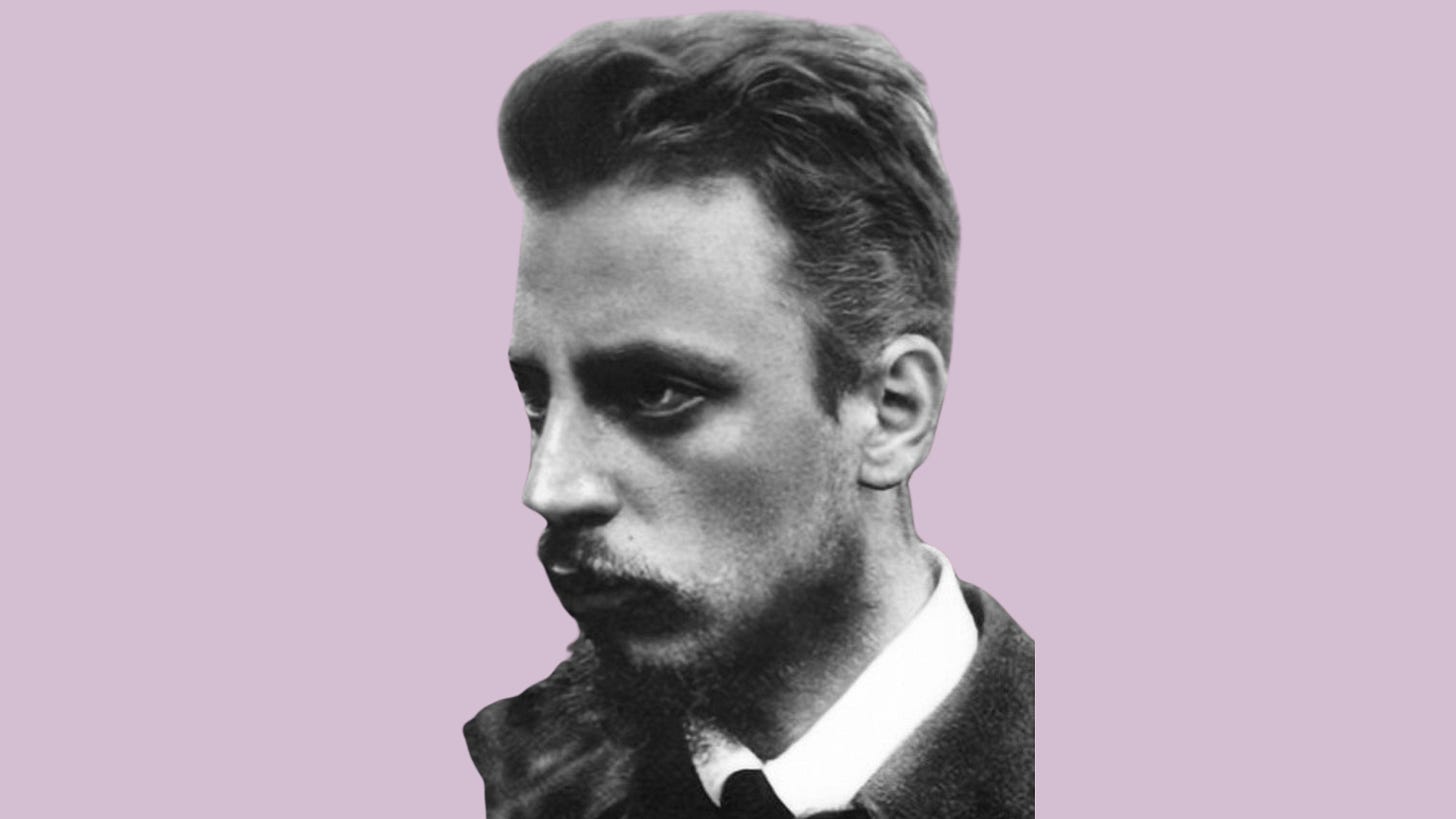
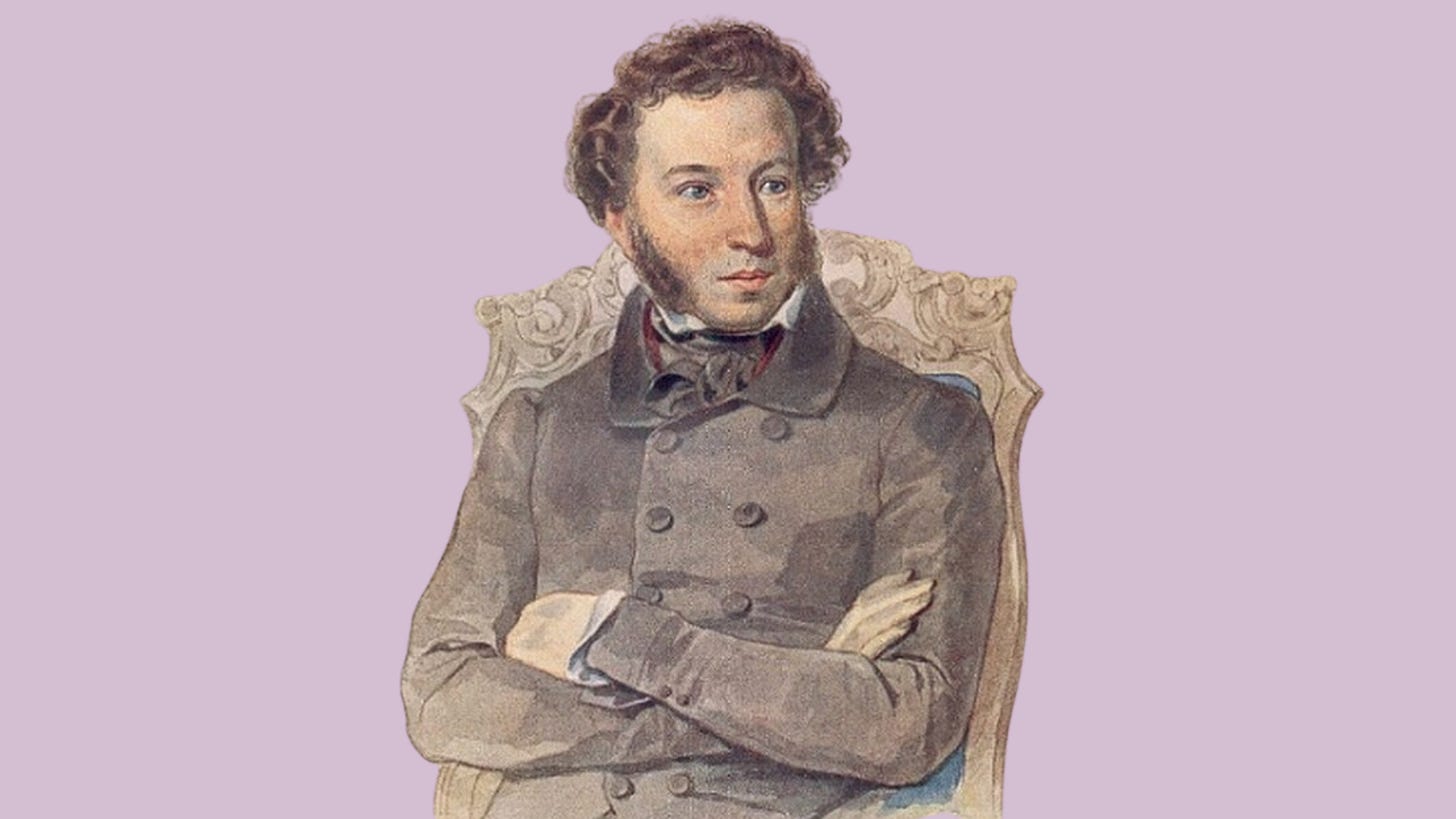
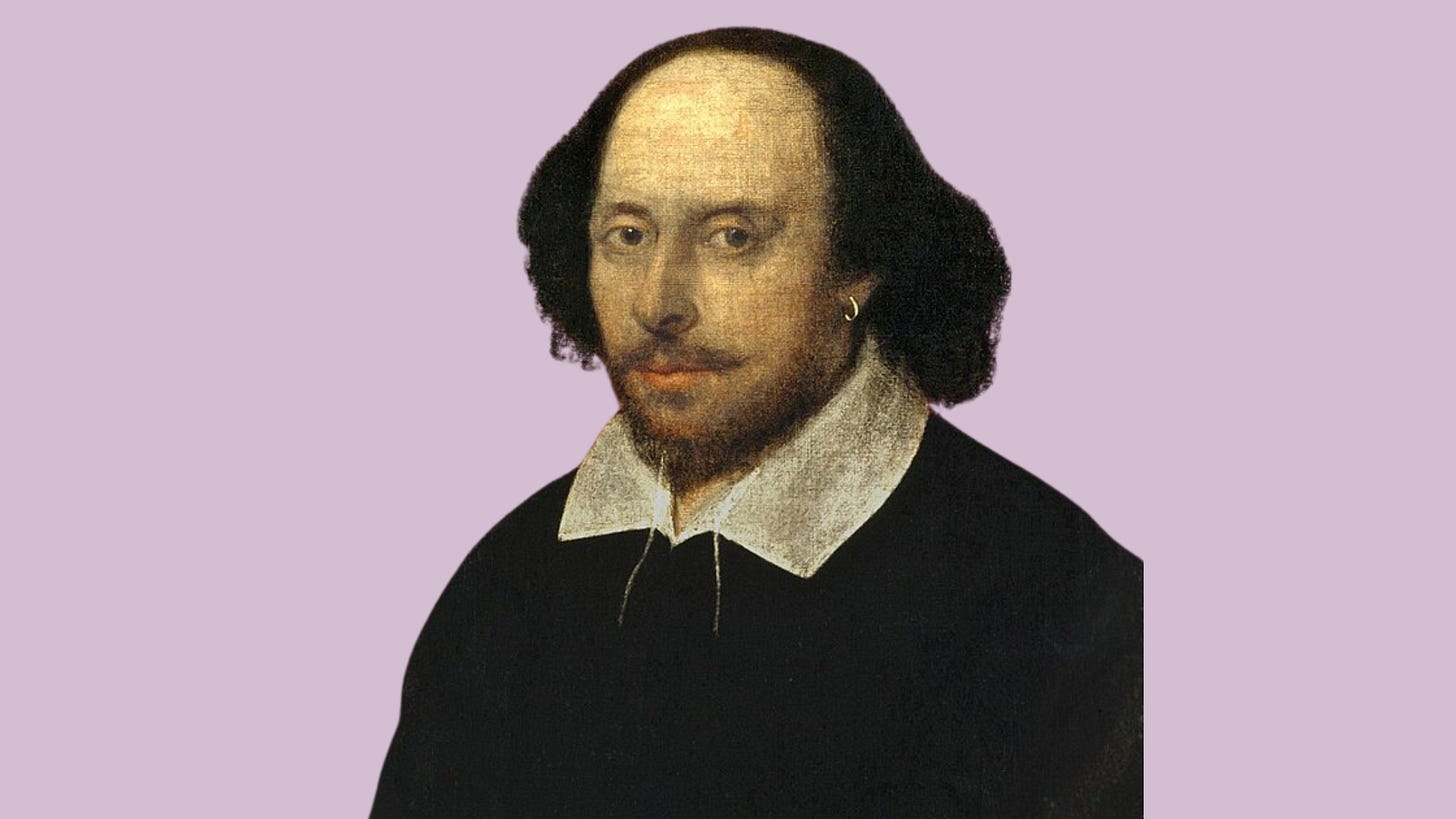
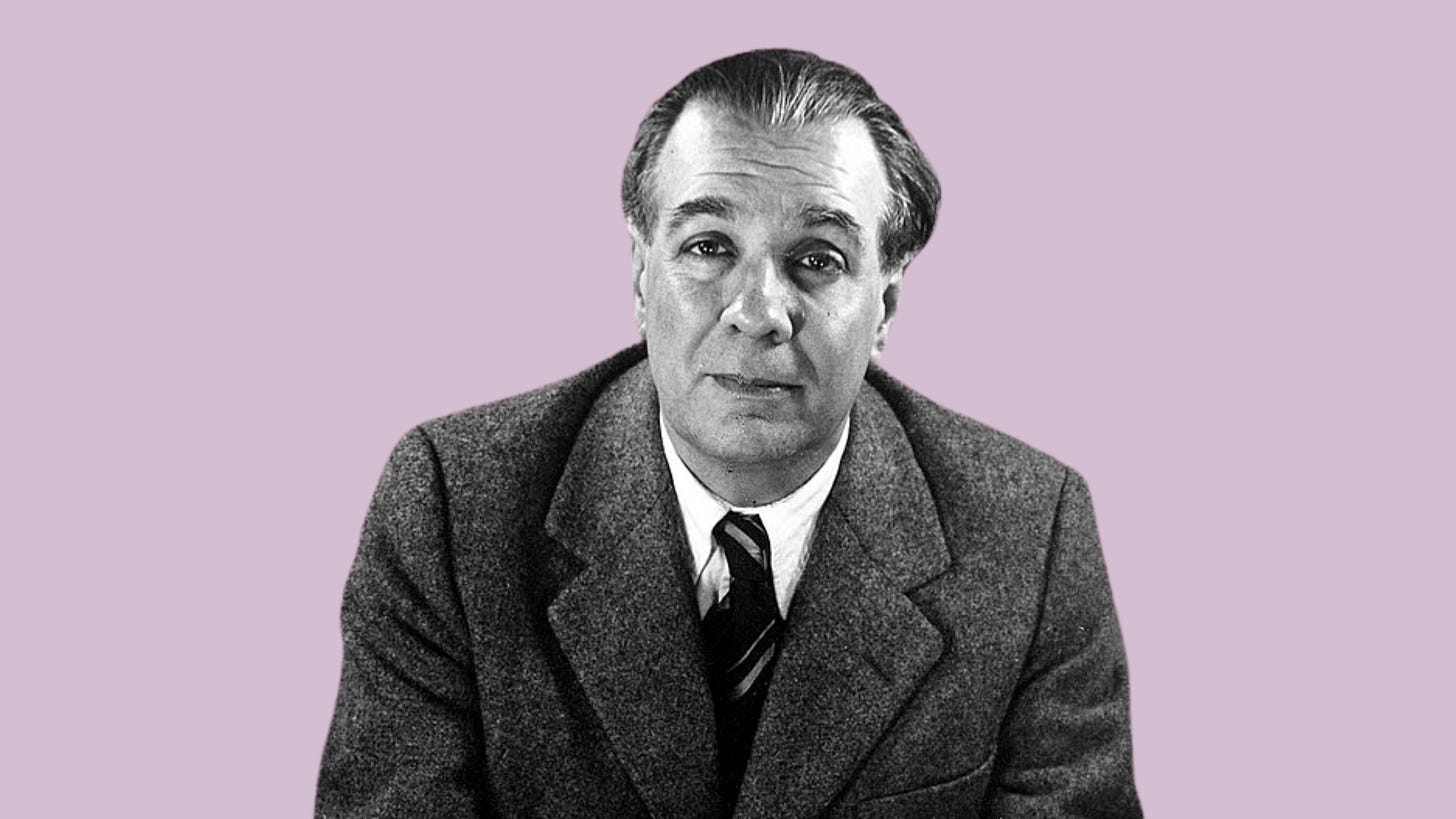
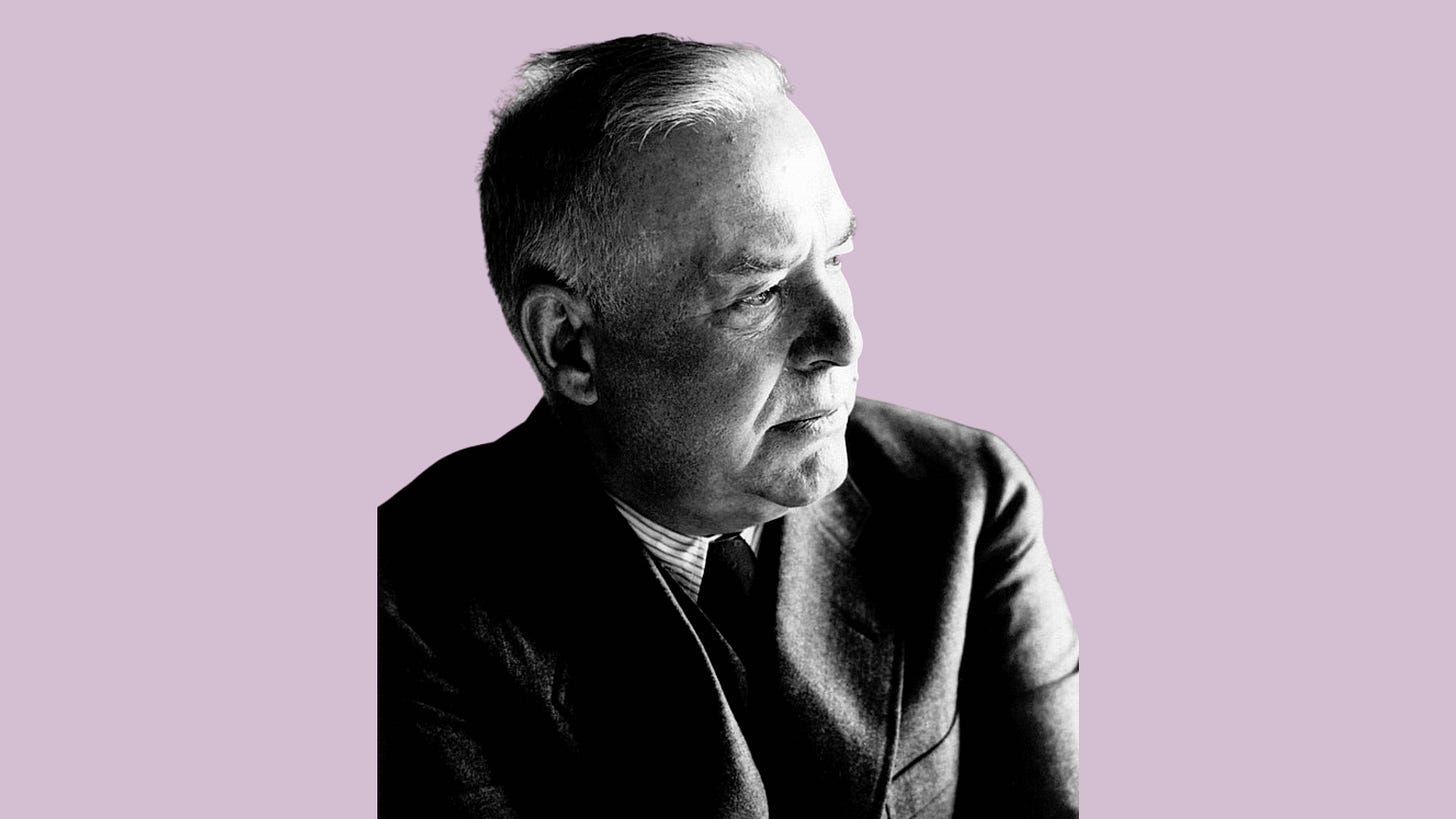
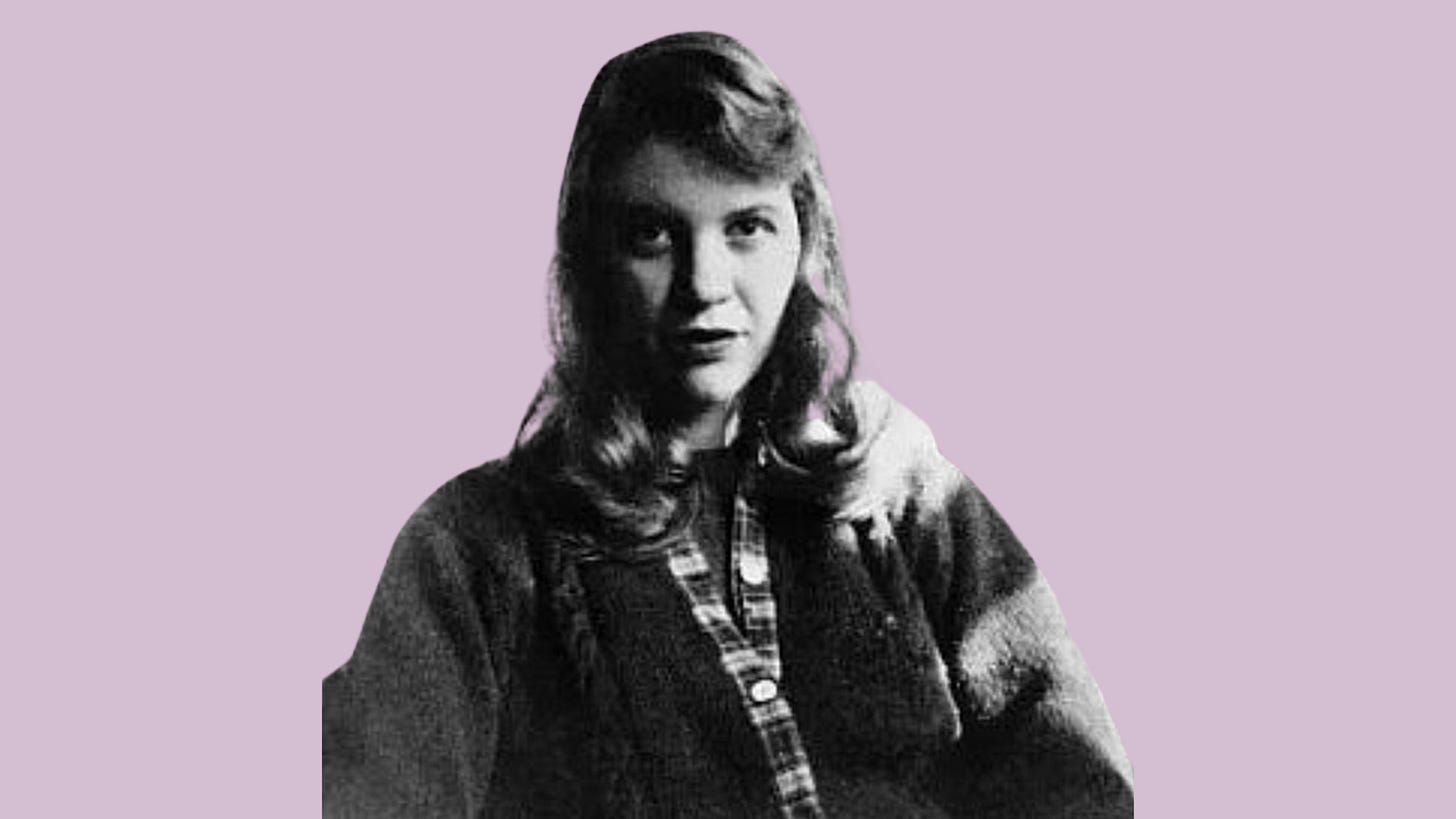
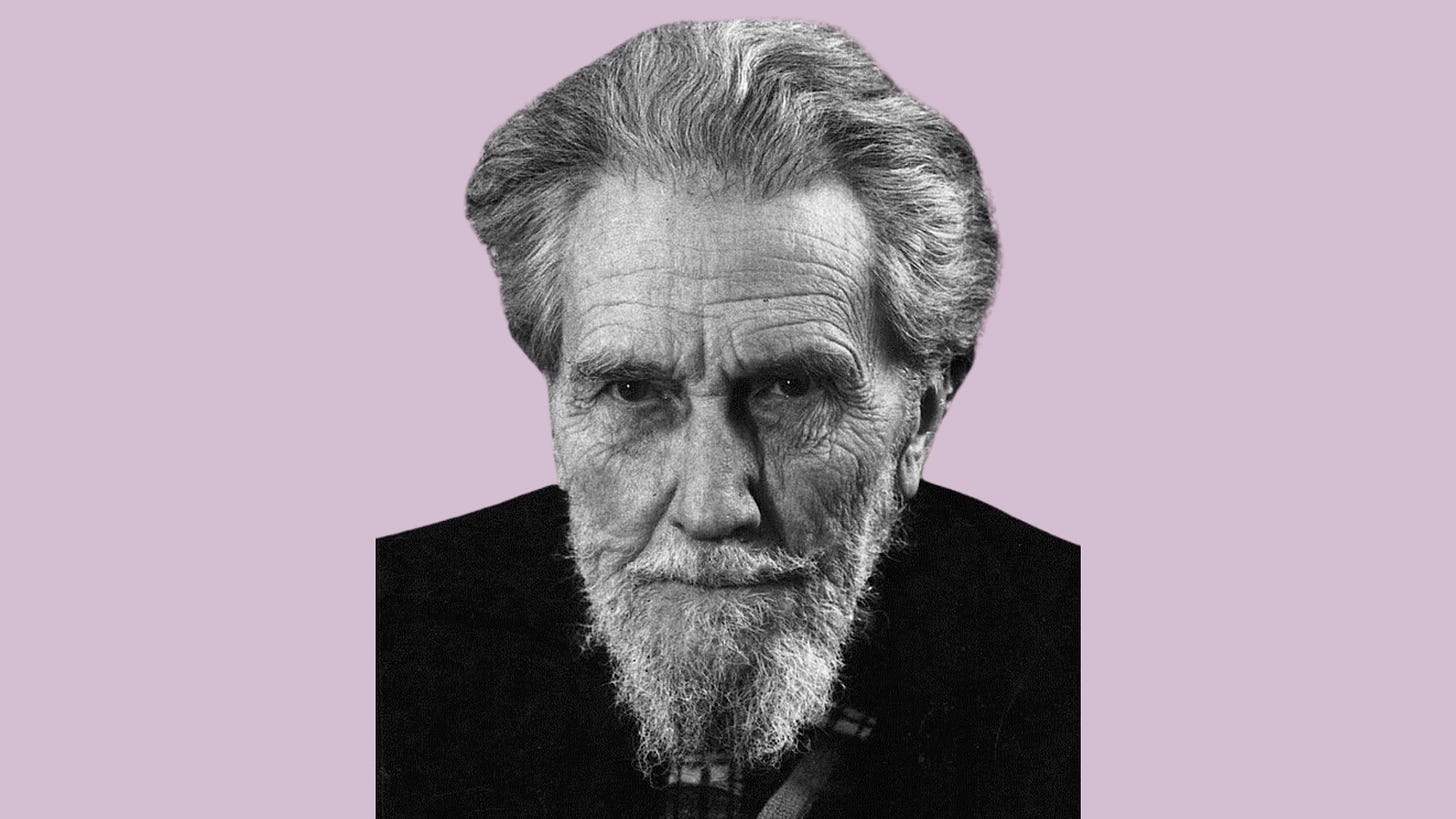
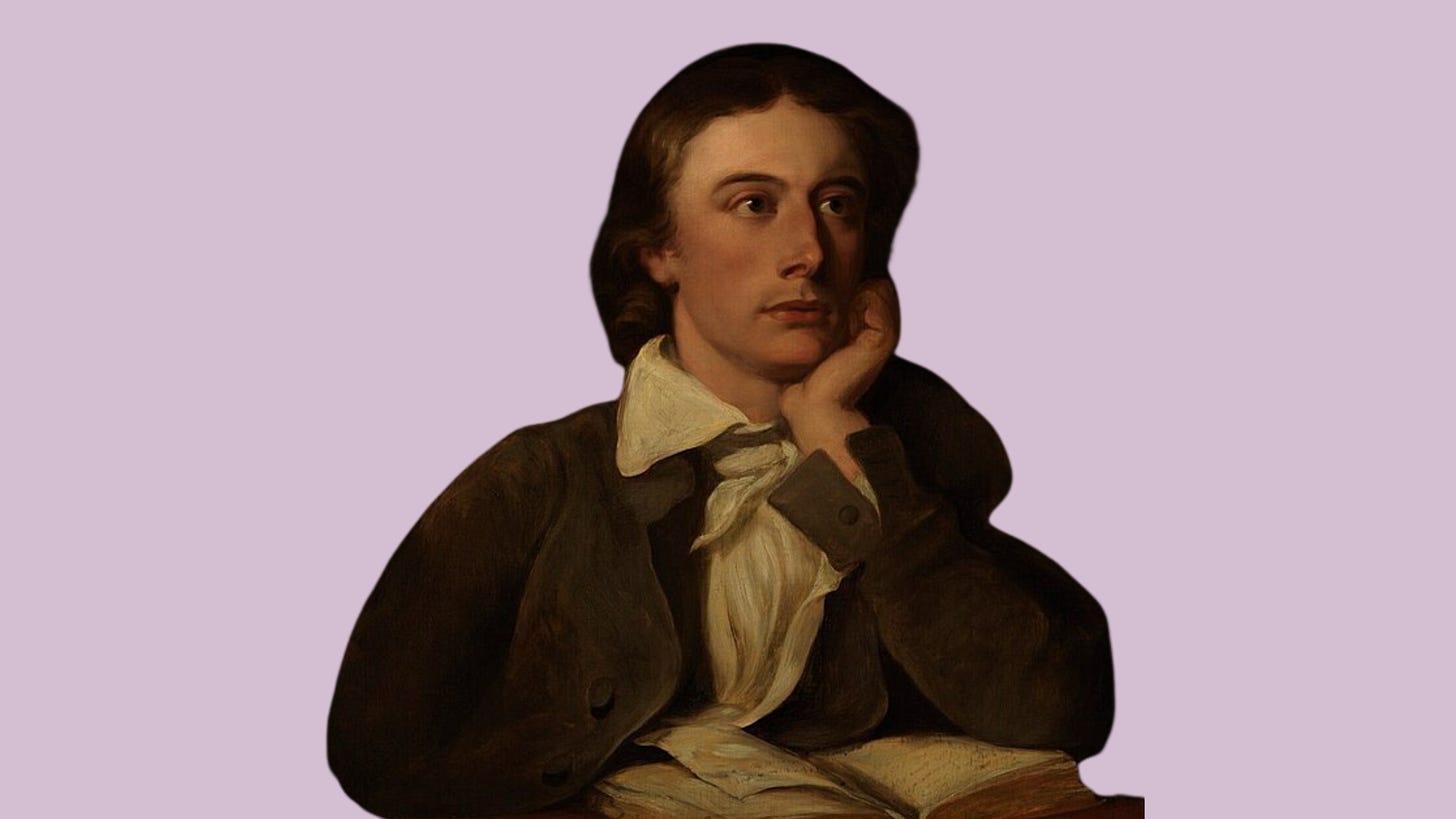
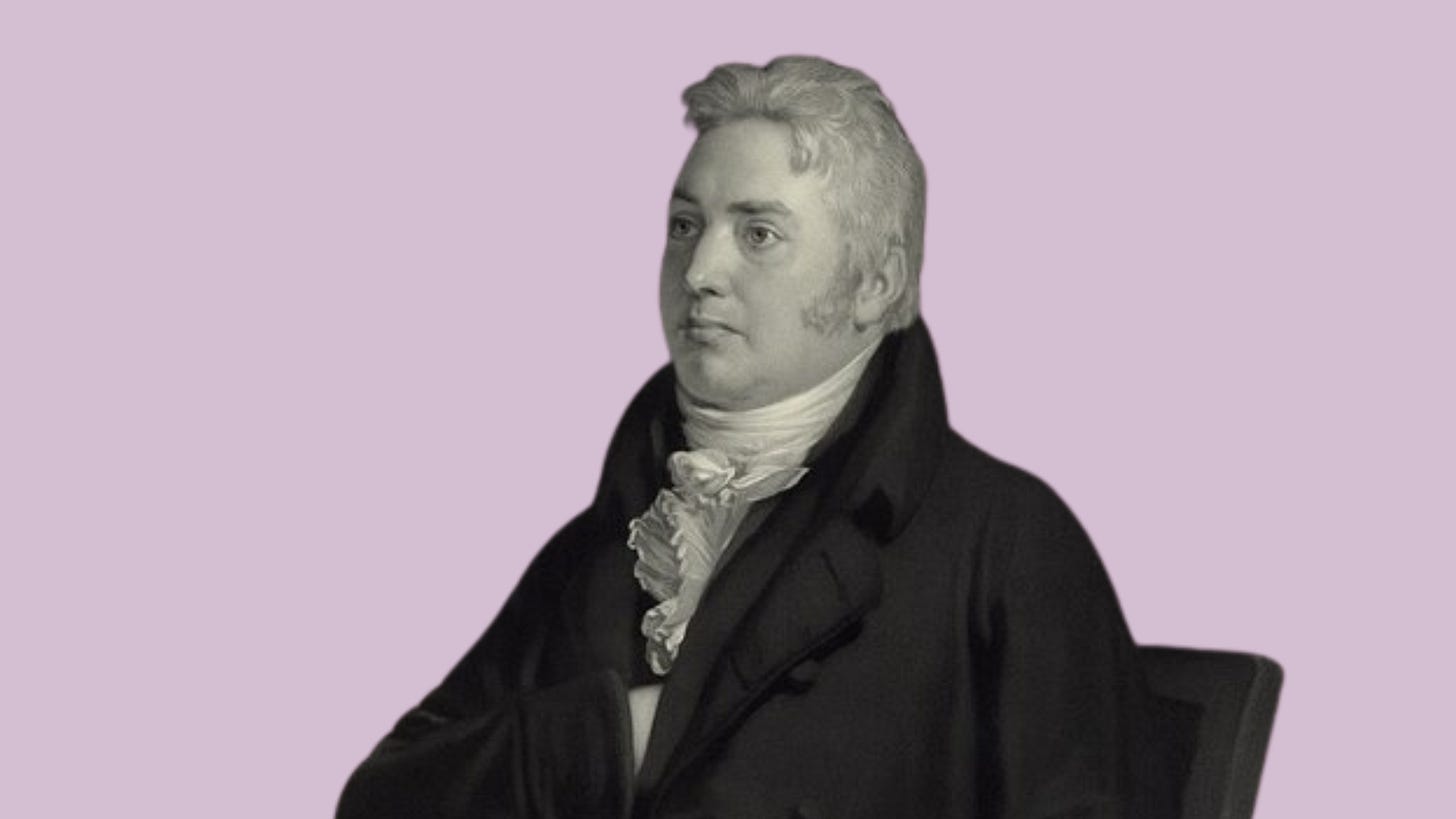
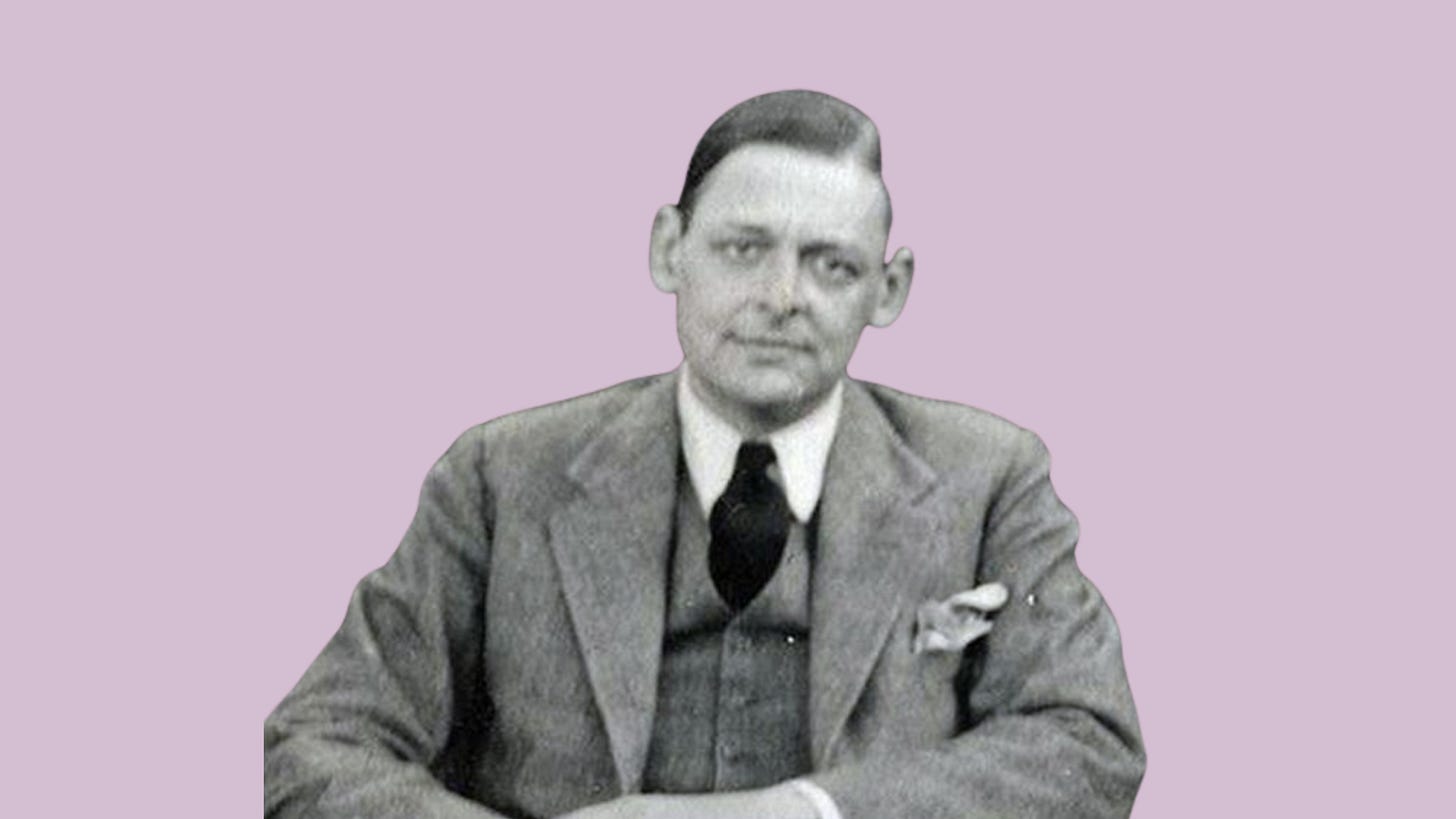

There are a lot of great poets and no Top 10 list will ever satisfy everyone. And personally, I wouldn't write a Top 10 without Whitman or Yeats. But what's here is most certainly unobjectionable; Rilke and Pushkin certainly belong and Eliot is a good #1. (Until Louise Gluck - whose Nobel, in my opinion, was a concession to NYC literati after they were butthurt about Bob Dylan - Eliot was the only American with poetry as his/her first calling to win the literature Nobel)
As for translation, it's a challenge but sometimes exceptional translators do their subjects exceptional justice. Several such great poets include Poland's Fourth Bard Cyprian Norwid (Danuta Borchardt translation), Fernando Pessoa and his heteronyms (Richard Zenith translations) and Imre Madach's The Tragedy of Man (by George Szirtes, an exceptional translator). A special shoutout should also go to the collaboration of Polish poet Stanislaw Baranczak with Seamus Heaney, which resulted in a marvelous translation of Jan Kochanowski's Laments. All of these poets are titans in their respective cultures.
Your poems have been added to my reading list! I review Substackers every now and then to promote them. Would love to review your poems at some point!
As a Coleridge partisan, I take a certain pleasure in seeing him take the English Romantic spot instead of Wordsworth.
What do you think of the take that it is wrong to spend one’s time reading lyric poets, if one does not know the original language, since subtle associations and sounds are untranslatable?